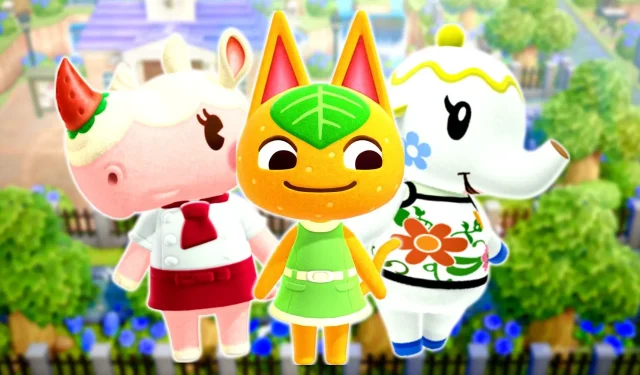
Animal Crossing: New Horizons captivated players with its soothing atmosphere and customizable islands. Yet, it lacks one crucial element that characterized its predecessors: a deeper sense of community. In earlier editions, players faced in-game consequences for not engaging daily with their towns, as characters would react to their prolonged absence, explicitly demonstrating a sense of neglect.
In previous iterations of Animal Crossing, maintaining your village—such as managing overgrown weeds or ensuring beloved villagers didn’t move away—fostered a stronger bond between players and their virtual environments. This design choice was not simply punitive; it promoted continuous engagement. The sense of responsibility to care for plants and converse with neighbors encouraged players to remain invested in their game. While some features have been successfully modernized, reintroducing this aspect could significantly enrich the gameplay experience.
The Consequences of Absence in Animal Crossing
The Impact of Neglect
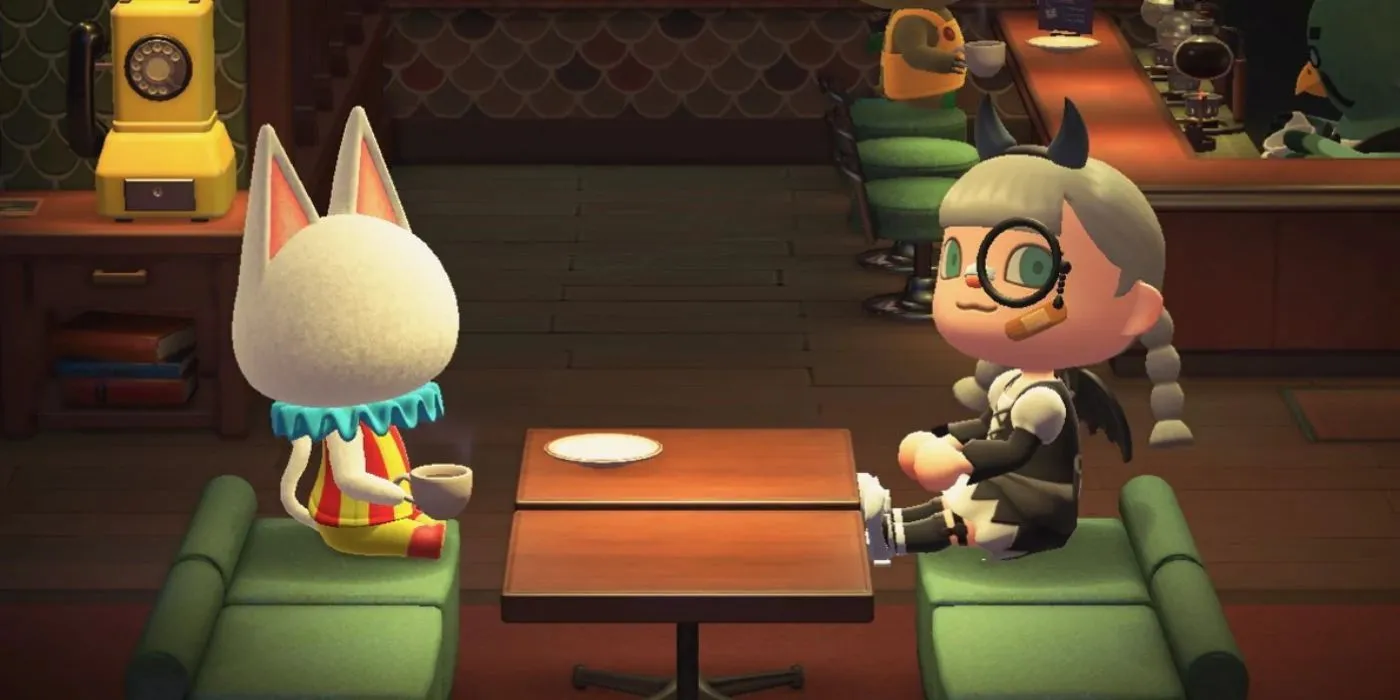
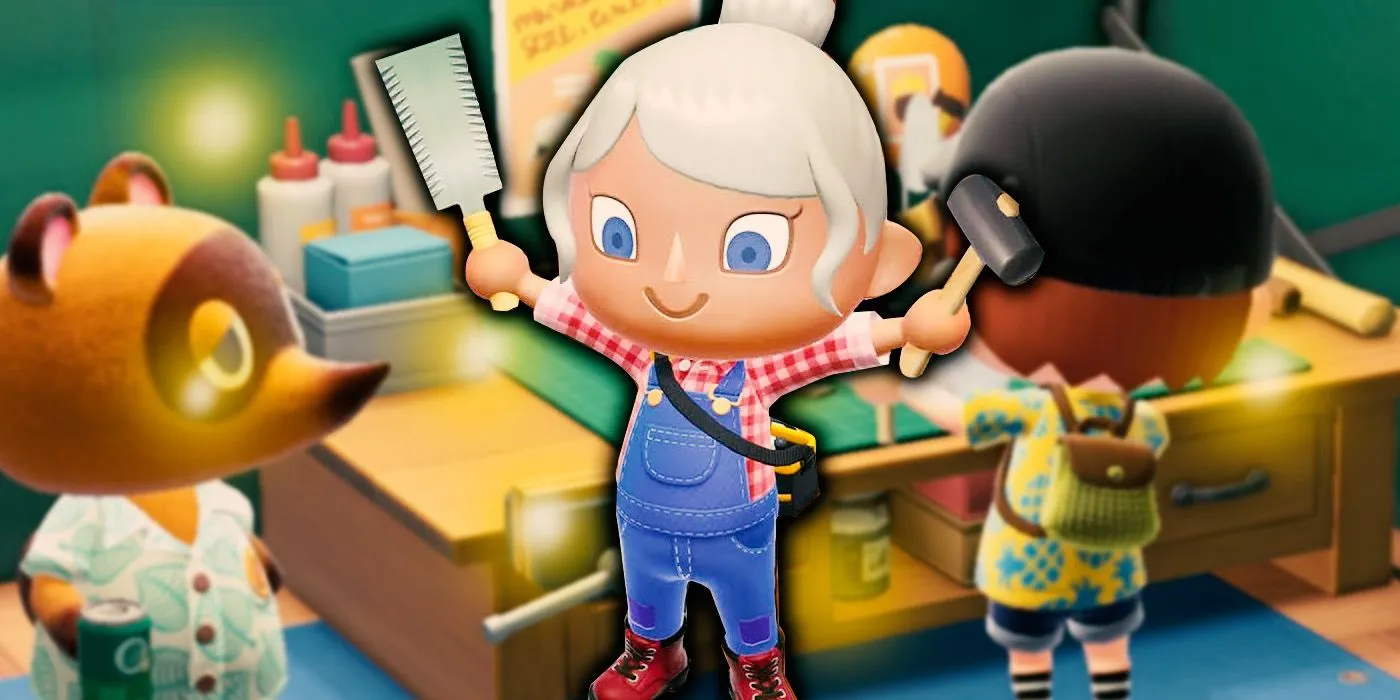
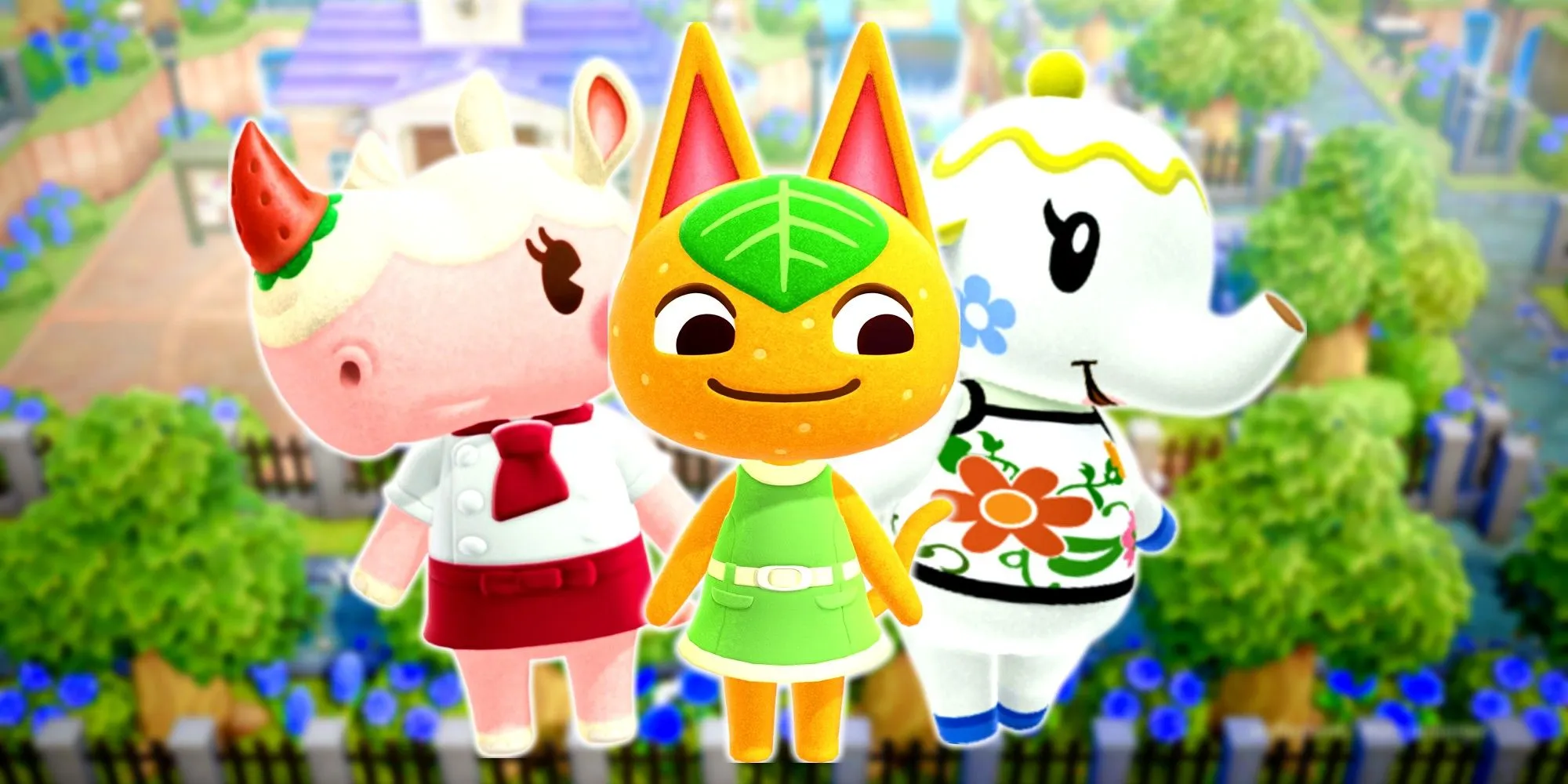
Animal Crossing: New Horizons is celebrated for its gentle gameplay, yet it misses the engaging motivations of the earlier titles. The previous games ingeniously encouraged players to frequently return, not through heavy penalties, but by enhancing the emotional investment in their towns. Players experienced genuine anticipation and concern about the state of their villages after being away, facing potential weed infestations or realizing a cherished villager had decided to leave during their hiatus.
This emotional connection added layers to the gameplay, transforming daily tasks like watering plants or socializing with villagers from mundane chores into meaningful rituals. The mild anxiety surrounding neglect made daily logging in feel purposeful. In contrast, the more lenient approach of New Horizons has created an inviting environment, but it may also leave some players yearning for that lost depth of experience.
A Shift in Consequences
The Freedom to Be Less Active
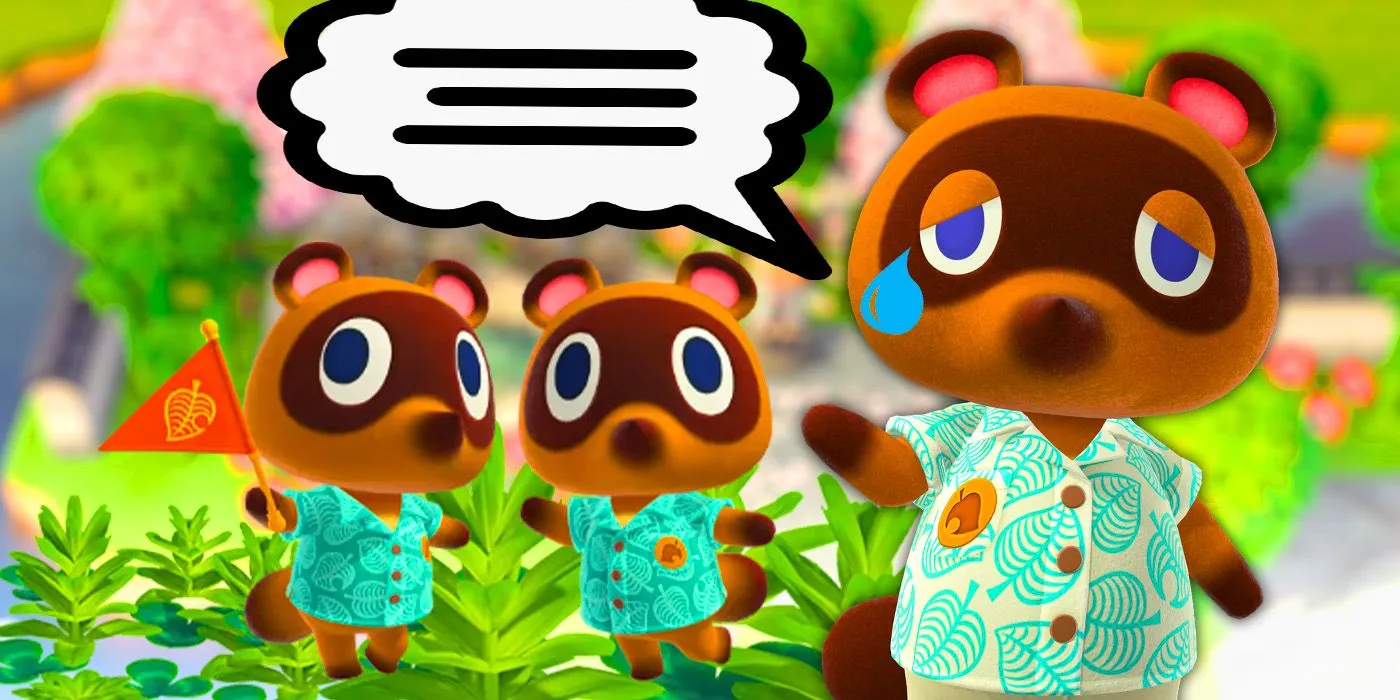
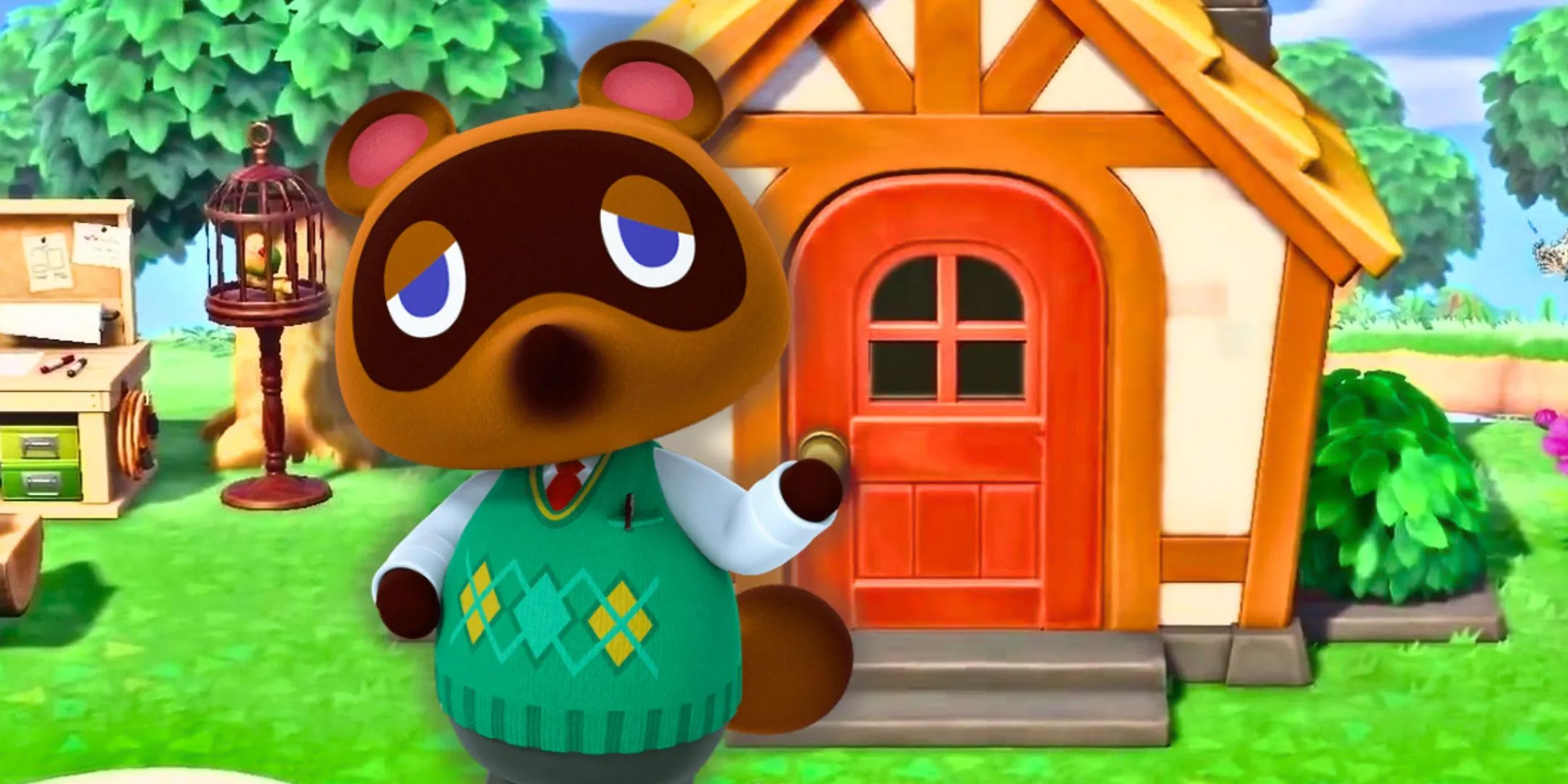
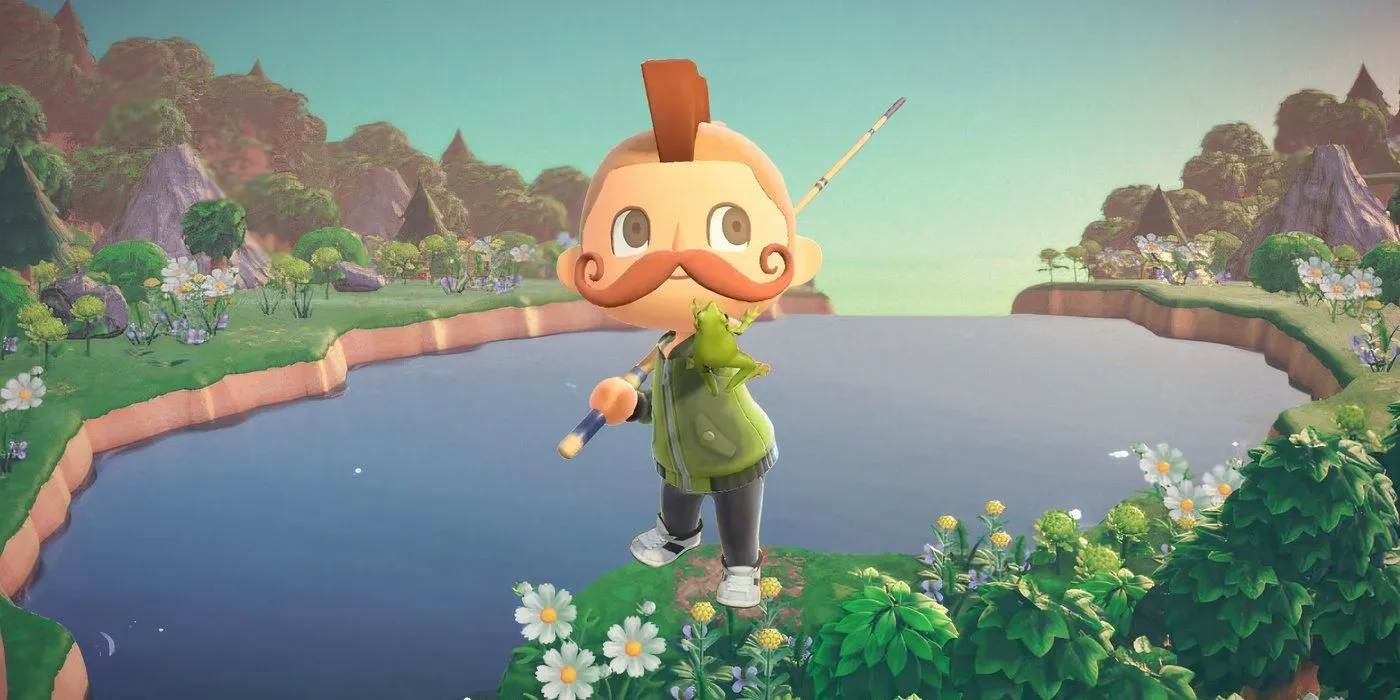
In New Horizons, the repercussions for neglecting island duties are considerably relaxed compared to earlier games. While the game’s accessibility is widely appreciated, it lacks the substantial consequences that previously fostered deeper player engagement. A brief absence results in minor annoyances, such as a few weeds or sporadic cockroaches, all of which can be addressed swiftly without significant effort.
Villager interactions reflect this shift; while there may be a hint of disappointment from residents after a player’s absence, their reactions remain largely unaffected. Additionally, the Nook Miles streak offers a reward for daily engagement but resets with little impact, allowing players to recover losses with ease. Although this gently relaxed environment fosters inclusiveness, it diminishes the immersive experience that once provided stimulation to players who thrived on maintaining their connections within the game.
This more relaxed framework may cater well to casual gamers but comes at the expense of the depth and engagement present in earlier installments. The future of Animal Crossing offers an opportunity to reintroduce meaningful challenges that could appeal to both loyalists and newcomers, enriching the Heritage of the series.
Consequences: A Missing Element
The Necessity of Consequences
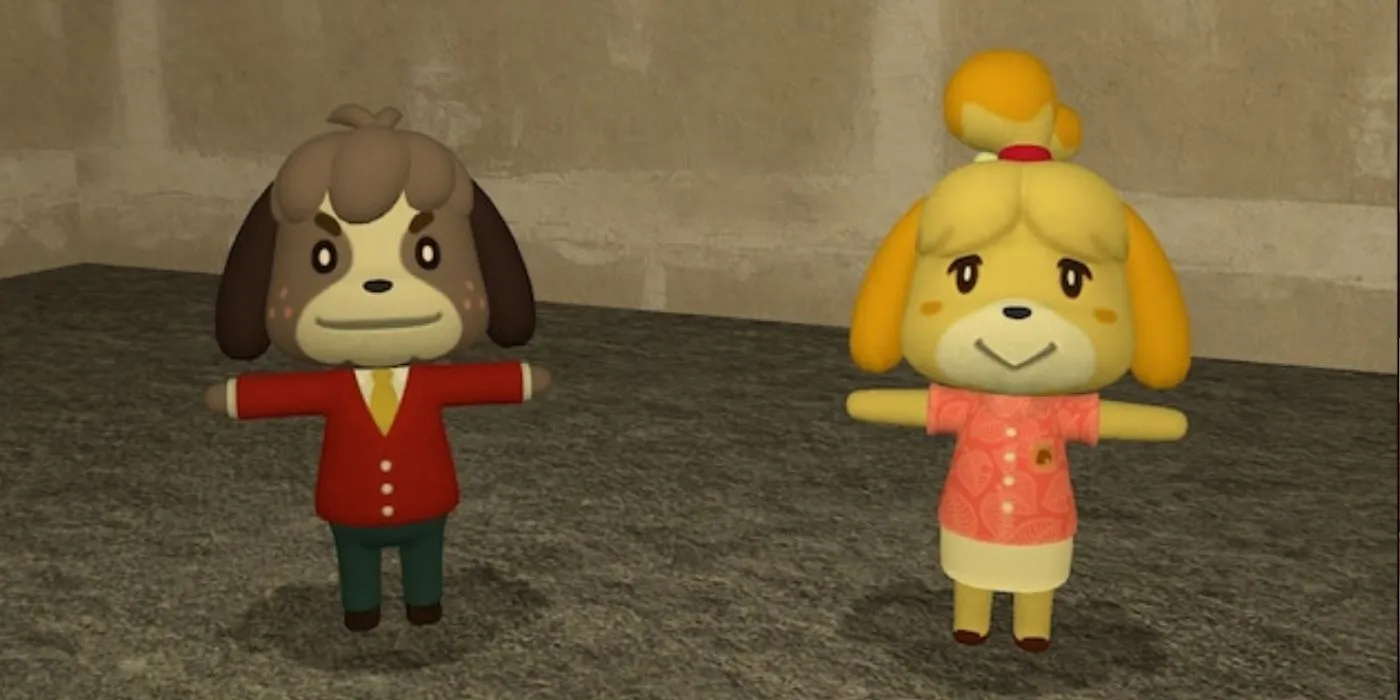
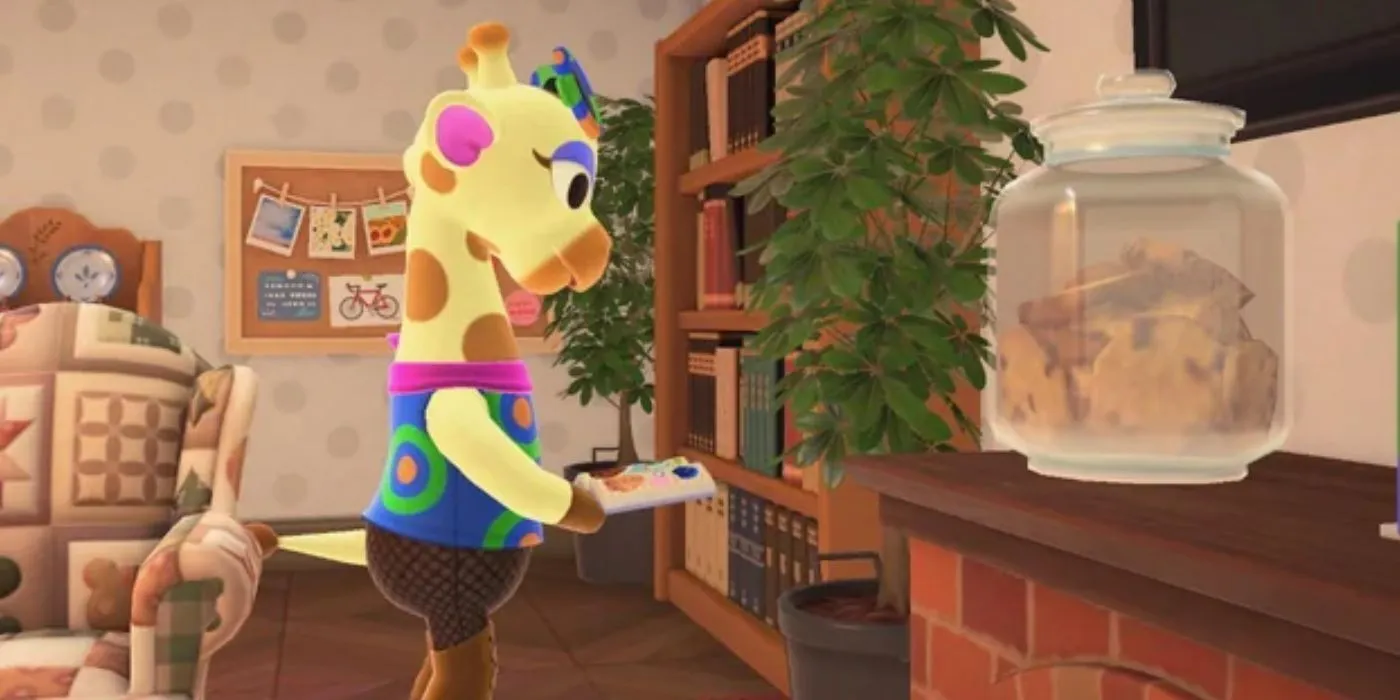

The charm of Animal Crossing: New Horizons lies in its tranquil, customizable island life. Designed to provide relaxation rather than pressure, its forgiving gameplay appeals to many. However, this leniency compromises the depth of player experience associated with actively engaging with their virtual homes.
Earlier titles struck an effective balance between leisure and responsibility, compelling players to nurture their towns actively. The risk of losing a favorite villager due to neglect or watching weeds overrun well-kept gardens transcended mere annoyance; these were motivational forces that created loyalty and attachment among players.
In that context, daily responsibilities—such as watering plants, interacting with villagers, and home management—became vital components of gameplay, driven by the desire to maintain a flourishing community. The absence of that delicate tension between relaxation and engaging challenges in New Horizons may deter players seeking a more profound experience and connection to their digital environment.
The Value of Daily Interaction
Embracing Challenge for a Richer Experience
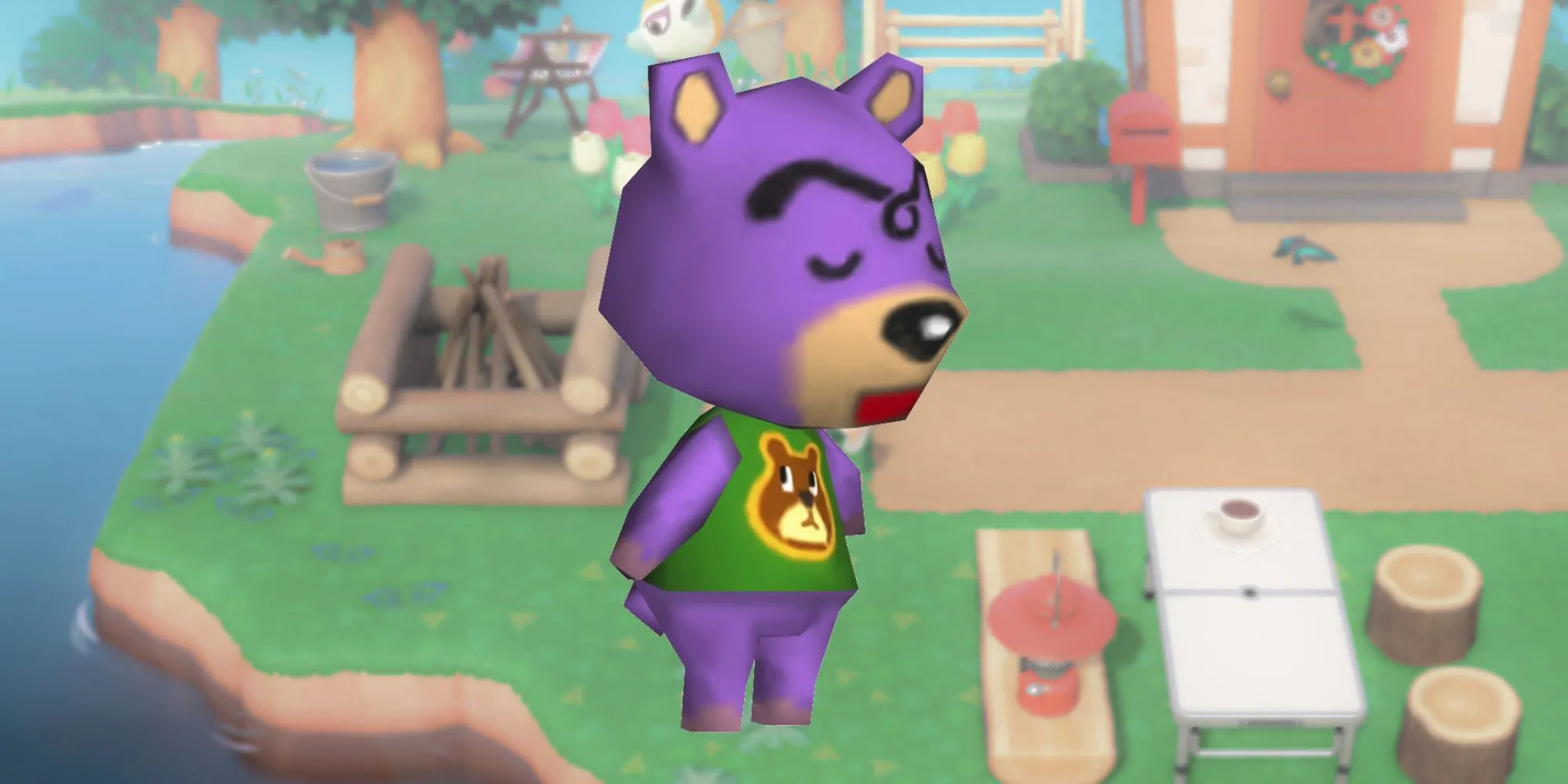

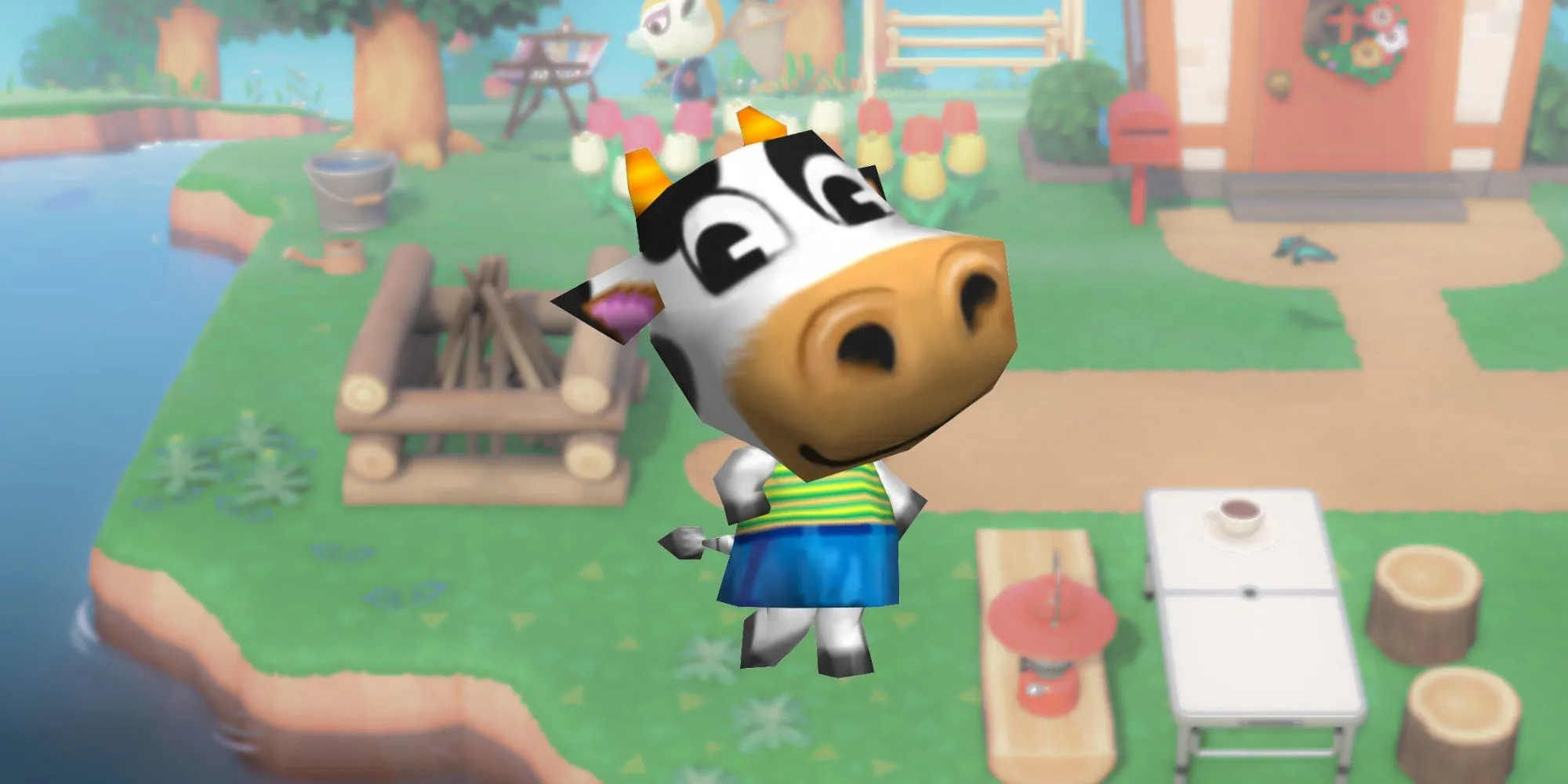
Identifying the shortcomings of Animal Crossing is straightforward. The premise of requiring players to invest deeply in their experience may deter some, yet it was this very characteristic that made the series so enjoyable. It created a sense of belonging, making players feel truly integrated into the village’s vibrant community.
In earlier versions, player absences elicited meaningful responses from villagers, who might inquire about their well-being as if they had been under duress during their absence. In contrast, the current iteration allows for significant gaps with little to no acknowledgment. This stark removal of nuanced interactions undermines the enriching experiences that have defined the franchise; it is not merely punitive but essential in crafting a more immersive environment where player action—or inaction—holds weight.
The upcoming Animal Crossing installment should reintegrate that sense of gentle commitment and rewarding challenges. By thoughtfully redefining consequence systems, the next chapter in the series could successfully evoke the emotional richness that has historically drawn players into its world.




Leave a Reply